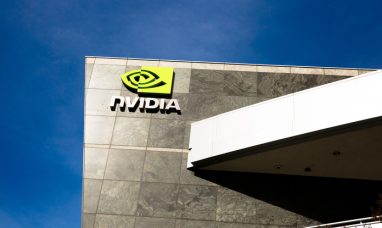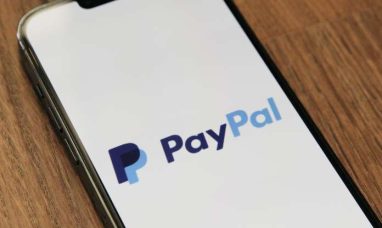Google’s (NASDAQ:GOOG) experimental chatbot, Bard, is envisioned as a gateway to creating another product with a user base of two billion, according to Product Lead Jack Krawczyk, speaking at the Reuters NEXT conference in New York on Thursday. Bard, designed to facilitate brainstorming and information retrieval through artificial intelligence, is laying the foundation for Google to expand its customer base further. Krawczyk highlighted plans to enhance Google Assistant with Bard’s human-directed suggestions, with the integration starting on mobile devices in the coming months, aiming to introduce AI to a broader audience.
“We think that opens a completely new path,” Krawczyk stated.
This move aligns with Google’s broader AI ambitions within its parent company, Alphabet, which already boasts six products each attracting billions of users, including the search engine and YouTube. The increasing competition in the AI space is evident, with Amazon pledging to enhance Alexa with similar generative AI, and OpenAI adding voice commands and agent-like capabilities to ChatGPT.
Google Assistant, currently available on over one billion devices, plays a central role in the company’s strategy. While Bard’s web traffic grew by 2% in October, reaching 8.7 million, Bank of America analysts noted that rival ChatGPT experienced faster growth. Simultaneously, Google Search traffic saw a 0.4% decline, reflecting changing patterns in how consumers gather information.
Krawczyk emphasized that Bard’s primary focus is on enhancing its helpfulness rather than exploring immediate monetization avenues like subscriptions or ads, though such opportunities may be considered in the future. Addressing challenges, he acknowledged instances where Bard invented non-existent messages and explained ongoing efforts to improve user retention with faster and more accurate responses.
Despite occasional setbacks, including a recent outage reported by OpenAI for ChatGPT, Krawczyk highlighted the learning curve involved in effectively accommodating large user bases and drew parallels with past challenges faced by Google Search during notable events, such as the news of Michael Jackson’s death in 2009.
Featured Image: Unsplash















